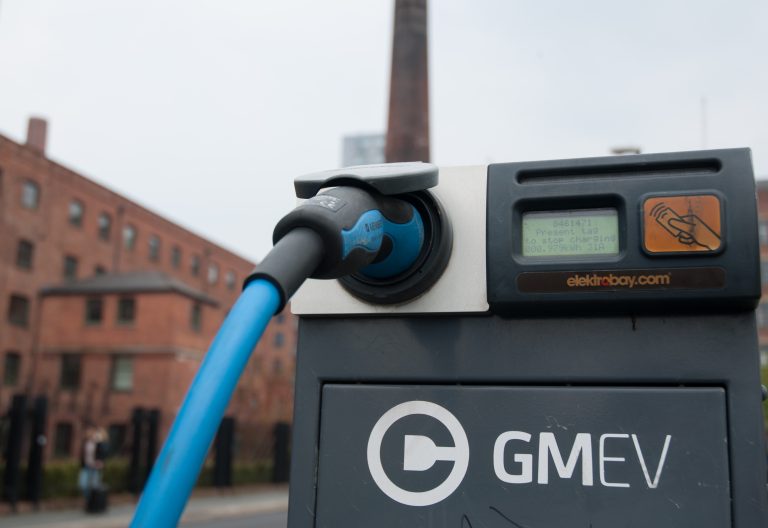After a recent FOI request was conducted by DevicePilot it was made apparent that half of UK councils did not invest in EV infrastructure last year. Quadrant Transport takes a closer look at the findings and what it means for the future of EVs in the UK.
Earlier this year DevicePilot sent an FOI request to 374 councils in the UK asking them whether they have invested in EV infrastructure over the last year. Over half (52%) of the 216 respondents had not invested.
60% of councils have received complaints about the availability, reliability or number of charging points over the last 12 months. This correlates with research conducted by quadrant transport this year on public perception of EVs and how disabled people feel left out of the revolution.
Record sales of cars are not being replicated with infrastructure
Pilgrim Beart, CEO and Co-Founder of DevicePilot explained: “Despite another record-breaking year for EV sales, and the petrol/diesel shortage causing a surge of interest in electric alternatives, 2021 was a poor year for EV infrastructure investment.”
The UK is still nowhere near ready for the inevitable arrival of universal EV ownership
Councils blamed lack of investment on funding from central government and Covid-19 redistribution of funds. On average, councils received 15% less funding for this kind of project.
London able to spend more than double than the whole of the North
Geographically, there are huge disparities in the rollout of EV chargers. London councils spent more than double the national average on EV charging in 2021, totalling £204,000. Whether this is due to more funding in southern areas, or a dedicated spending plan from the south is unclear from the findings.
However, one council from the North West explained: “We have experienced over £100m in budget reductions from Central Government since 2010, which is a 50% funding cut.”
Adding to this, Pilgrim said: “The gap between the most and least EV ready areas of the UK continues to grow, with many councils struggling with the complexities and often high costs of installing new charge points.”
While this contrasts with the uptake of people buying EV cars, there are concerns that the growth could be curbed if people are unsure whether they can charge. Although, a lot is being done to tackle this.
We have experienced over £100m in budget reductions from Central Government since 2010, which is a 50% funding cut
On average, councils are planning to install 52 charging points each by the end of 2022. If successful, this will be an increase from 28 in 2021. London is planning 38 new charging points per 100,000 people next year, while the North West is planning 9, and the North East has got the funds for a mere 8.
It is clear that the infrastructure is not currently meeting the demand for electric cars and with 2030 petrol and diesel phase-out just around the corner, the money needs to be found from somewhere and all fingers are pointing towards central government.

